What is Internet Ethics?

Internet Ethics Case Studies
Concise ethics case studies focus on topics including various aspects of AI, privacy, hacking, social media, virtual reality, and more.
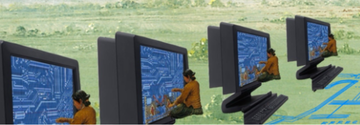
Internet Ethics Videos
Hear what voices from Silicon Valley and beyond, including our staff and fellows, are saying about important ethical challenges in the online world.
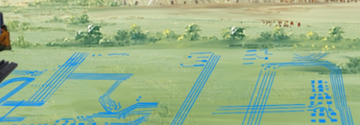
Internet Ethics Teaching Modules
Teaching modules are a major thrust of our efforts in technology and internet ethics, with a special focus on data ethics and cybersecurity ethics.

Internet Ethics Resources
Additional resources highlight applied ethics in the digital world.
Upcoming Events

"Unpredictable behavior" is not a feature most people expect in toys.
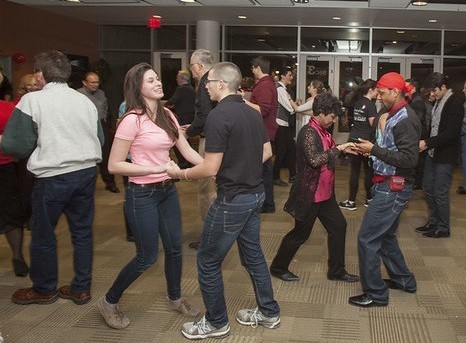
Much of what is missing in “relationships” with chatbots becomes clear in trying to learn to dance with different partners.

Irina Raicu, director, internet ethics, quoted by The Mercury News.

Irina Raicu, director, internet ethics, quoted by NBC Bay Area.

AI Ethics Literacy
A growing need, a growing list of issues, and a growing collection of resources from the Markkula Center for Applied Ethics. Curated by Irina Raicu and Subramaniam Vincent.
IT, Ethics, and Law Lecture Series
The Ethics Center and the High Tech Law Institute collaborate to sponsor this series of presentations on topics in information technology. Speakers have included Jonathan Zittrain, co-founder of the Berkman Center for Internet and Society; Craig Newmark, founder of Craigslist; and Kara Swisher, journalist.
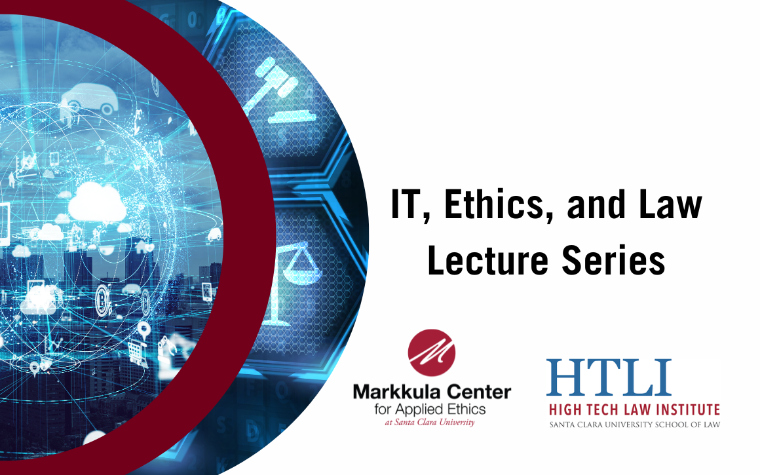

Ethics in Tech Practice
Ethics in Technology Practice aims to provide free materials to encourage and support ethics training workshops in technology companies.
AI and the Environment: Sustaining the Common Good
On November 1, 2024 the Markkula Center for Applied Ethics and Next 10 cosponsored a daylong conference that brought together academics from a variety of disciplines, industry and government representatives, SCU students, and the broader public, to explore the intersection of AI and sustainability.
Access recordings of the six panels which comprised the conference
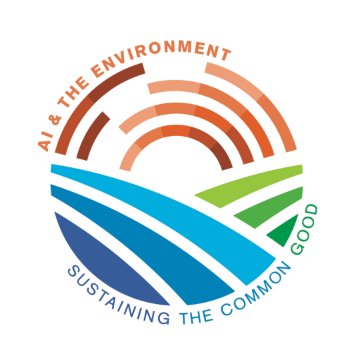

Institute for Technology, Ethics, and Culture (ITEC)
The Institute for Technology, Ethics and Culture (ITEC), housed at the Markkula Center for Applied Ethics, is a collaboration between the Center and the Vatican’s Dicastery for Culture and Education. The Institute convenes leaders from business, civil society, academia, government, and all faith and belief traditions, to promote deeper thought on technology’s impact on humanity.